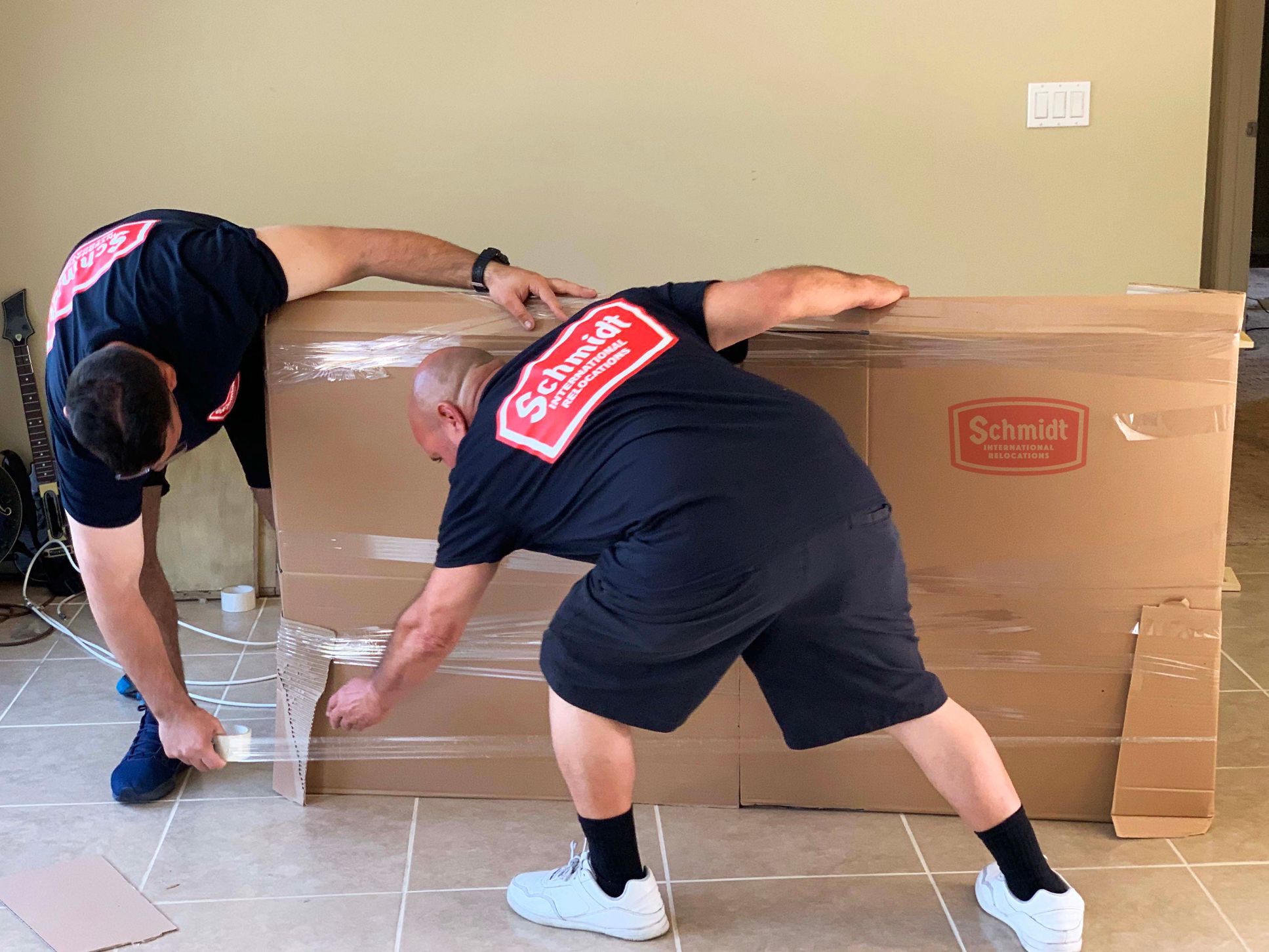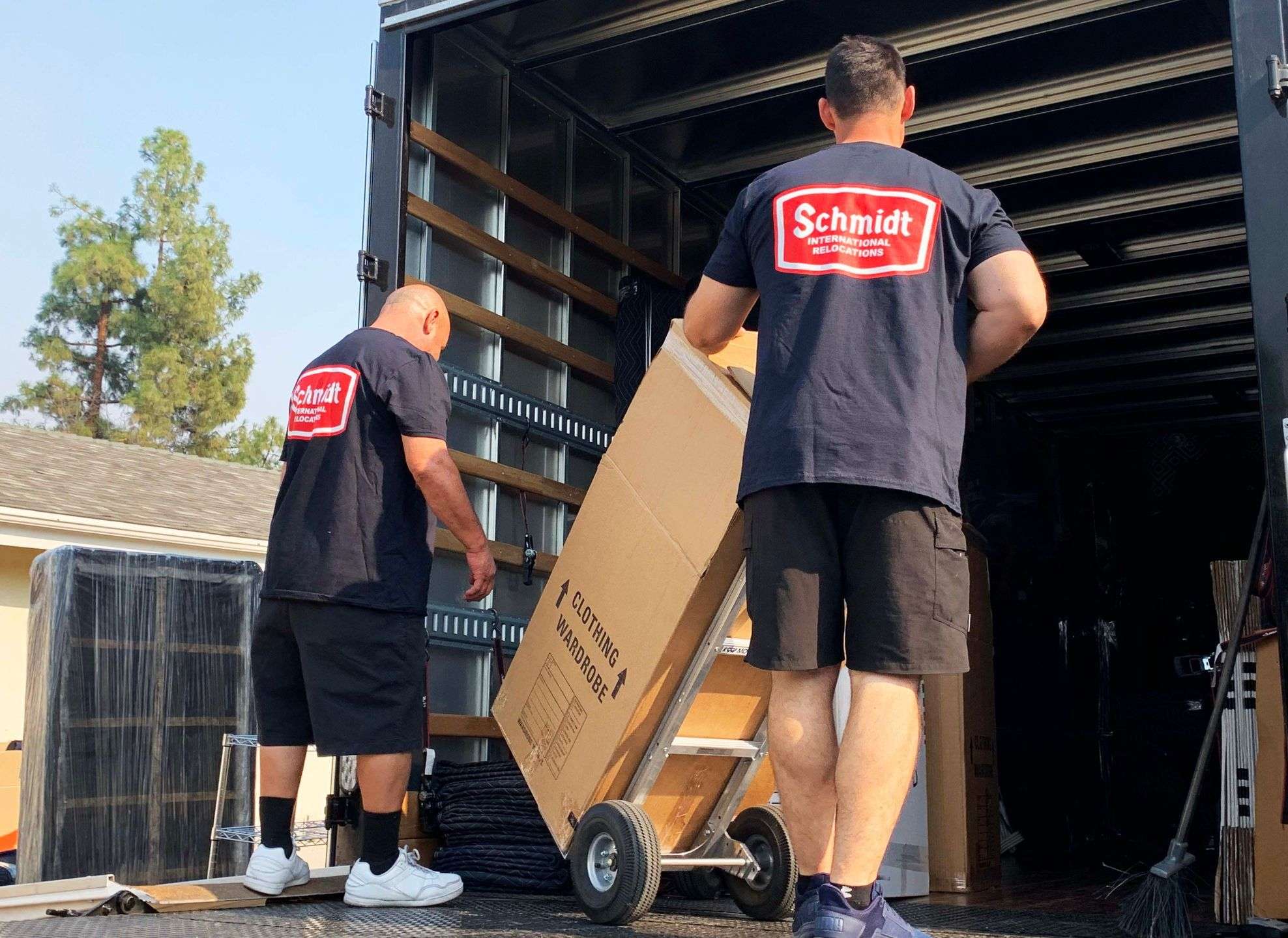

Embarking on a journey to a new country is like stepping into a thrilling roller coaster ride — full of twists, turns, and unexpected surprises. Adjusting to a new country may seem like an exhilarating challenge, but fear not, fellow globetrotters! In this blog, we’ll be your trusty guides, sharing invaluable tips and tricks to make the transition smoother than a salsa dance.
Adjusting to a new country after relocating can be an exciting yet challenging adventure. To ease the transition, immerse yourself in the local culture, embracing customs and cuisine while engaging with the locals. Build a support network of fellow expats or locals who share similar interests, and explore your neighborhood to feel more rooted and confident. Maintain connections with loved ones back home for comfort and stability. Remember to be patient, resilient, and open to learning as you navigate the ups and downs of adjusting to the country.
The Initial Struggles of Moving Abroad and Adjusting to a New Country
Relocating to a new country brings with it a whirlwind of emotions, adventures, and challenges. From the moment you step off the plane, you might find yourself navigating through unfamiliar territory, both literally and figuratively.
Language barriers, cultural differences, and the longing for familiarity can all contribute to the initial struggles of adjusting to a different country. However, fear not, as there are always solutions to these hurdles that can help you move efficiently and reap the countless benefits of relocating.
Culture Shock: Definition and Its Impact on Newcomers
Moving to a big city in a foreign country can expose you to a different way of life, which can be overwhelming at first. Culture shock, that feeling of disorientation when faced with unfamiliar customs, can impact newcomers significantly. Everything from social norms to daily routines may differ from what you’re accustomed to.
However, by immersing yourself in the local culture, attending cultural events, and seeking out expat communities, you can gradually adapt to and appreciate the unique aspects of a different environment.
Language Barriers: Overcoming Communication Difficulties
One of the most common challenges faced by expats is overcoming language barriers. Communicating effectively in a foreign language can initially feel scary. That is completely normal. However, there are numerous ways to break the language barrier.
Join language classes or language exchange programs to improve your language skills. Engaging with the local community and making friends who can help you practice the language will also accelerate your progress. Expatriate communities can provide a supportive network where you can connect with others who understand the challenges of language acquisition.
Have a look at the video below for additional tips on how to overcome this challenging obstacle.

Homesickness: Dealing With the Longing for Familiarity
Homesickness is a natural part of the relocation process. The longing for the comforts and familiarity of your home country can be challenging. However, technology has made it easier than ever to keep in touch with friends and family back home. Frequent video calls, sharing updates, and planning visits can help bridge the distance.
Additionally, make an effort to build a social network in another city. Join clubs or participate in activities that align with your interests. Making new friends who share similar experiences can help ease homesickness and create a sense of belonging.

Practical Challenges: Finding Housing, Transportation, and Essential Services
Practical challenges such as finding suitable housing, navigating transportation systems, and accessing essential services can be challenging. To overcome this, thorough preparation for the move is key. Researching the local housing market, using platforms like the Numbeo website to compare the costs of living in different cities, and seeking guidance from relocation experts can help you make informed decisions.
Prioritize your needs and budget when looking for housing and consider factors like proximity to transportation and essential amenities. By being proactive and seeking assistance when needed, you can navigate these practical challenges with greater ease.
Strategies for a Smooth Transition When Moving Overseas
When it comes to moving overseas, careful planning and strategic approaches can make all the difference in ensuring a smooth transition. Avoiding common relocation mistakes and implementing effective strategies are essential for a successful international move.
By focusing on key aspects such as hiring international movers, embracing the local culture, language learning, building a support network, and exploring the environment, you can navigate the challenges of relocation with confidence and ease.
The Role of International Moving Companies
An international moving company plays a crucial role in facilitating smooth relocations across borders. They specialize in coordinating logistics, whether it’s managing the transportation of your moving belongings by air or sea, handling customs requirements, or ensuring the safe delivery of your possessions to another destination.
By entrusting your move to experienced professionals, you can alleviate much of the stress and uncertainty that comes with moving abroad, allowing you to focus on other important aspects of your international transition.
Embrace the Local Culture
Take the time to learn about customs, traditions, and social norms. Participate in local festivals, events, or community activities that provide insights into the rich tapestry of your new home. For instance, in Japan, it’s customary to remove your shoes before entering someone’s home — a small yet significant detail that showcases the importance of respecting cultural practices.
By immersing yourself in the local culture, you not only gain a deeper understanding of your environment but also demonstrate your willingness to embrace and integrate into the community.

Language Acquisition
As part of your relocation to-do list, dedicate time and effort to language learning. Enroll in language classes, hire a tutor, or utilize language learning apps. Practice conversational skills with native speakers or join language exchange programs. Immerse yourself in the language as much as possible by watching local movies, listening to music, or reading books in the target language.
Building a Support Network
Connect with locals and fellow expats who can offer guidance, support, and friendship during this transformative period. Attend expat networking events, join social clubs or professional organizations, and engage in online forums or social media groups. Seeking out these opportunities helps you create a sense of belonging and provides a support system that understands the unique challenges of living overseas.
Exploring the New Environment
One of the most exciting aspects of moving overseas is the opportunity to explore your new environment. Venture beyond the familiar and discover the hidden treasures of your city or country.
Take leisurely walks, visit local attractions, try regional cuisine, and embrace the diverse landscapes and cultural heritage. Exploring your environment not only helps you become familiar with your surroundings but also allows you to create cherished memories and forge a deeper connection with another home.

Adapting to Social Dynamics
Adapting to social dynamics is an essential aspect of integrating into a different culture, especially when moving across the world. Some countries are known to be among the friendliest in the world, where building relationships and connections are highly valued. Understanding social etiquette and norms is key to navigating social interactions smoothly and building meaningful relationships with locals.
Understanding Social Etiquette and Norms
For example, in some cultures, it is customary to greet others with a handshake, while in others, a bow or kiss on the cheek is the norm. Being aware of appropriate dress codes, punctuality expectations, and gestures of respect can make a significant difference in how you are perceived. Observing and learning from locals, seeking guidance from expat communities, and being open to correction or advice can help you navigate social situations.

Building Relationships With Locals
Building relationships with locals is an excellent way to immerse yourself in the local culture and create a sense of belonging. Here are some tips to help you establish connections:
- Engage in community activities,
- Attend language exchange programs,
- Join hobby or interest groups,
- Go to clubs and bars,
- Connect through social media,
- Be open and approachable.
Overcoming Stereotypes and Prejudice
One way to overcome these challenges is by securing a job before your move. Having employment or a clear plan can demonstrate your commitment and contribute to a positive first impression.
Furthermore, educating yourself about the local culture, history, and values can help challenge stereotypes and promote understanding. Engaging in respectful conversations, embracing diversity, and showcasing your willingness to learn and adapt can help break down barriers and foster acceptance.

Legal and Administrative Considerations
From understanding immigration processes to familiarizing oneself with local laws and regulations, being well-informed and prepared is crucial. By following these steps, you can navigate legal requirements, know your rights and responsibilities, and seamlessly integrate into the community.
Navigating Immigration Processes
Navigating immigration processes is a vital step. Here are some tips to help you through this process:
- Research visa requirements: Familiarize yourself with the visa options available for your specific circumstances, such as work visas, study visas, or family visas. Understand the application process, required documentation, and any specific conditions or restrictions.
- Seek professional assistance: Consider hiring an immigration lawyer or consultant who specializes in the country you’re moving to. They can provide guidance, review your application, and ensure compliance with immigration regulations.
- Plan and allow ample time: Start the immigration process well in advance to avoid unnecessary delays or complications. Stay organized by keeping track of important deadlines, document submissions, and any updates from immigration authorities.
- Stay informed about changes in immigration policies: Regularly check for updates or changes in immigration policies to ensure you are aware of any requirements or procedures.
Familiarizing Oneself With Local Laws and Regulations
It’s important to know your basic rights and responsibilities to ensure a smooth and compliant transition. Additionally, adhering to cultural and legal expectations helps foster positive relationships with the local community.
Understanding the best places to live with a family is also essential for creating a safe and nurturing environment. Researching family-friendly neighborhoods, access to quality education, healthcare facilities, and recreational amenities can guide you in making informed decisions for your family’s well-being.

What Are Your Goals for Adjusting to a New Country?
Setting goals can be instrumental in creating a fulfilling and successful transition. Your goals might include mastering the local language, immersing yourself in the culture, building a strong network of friends and acquaintances, and achieving a sense of belonging.
For example, one fun goal could be to try a traditional dish from each region of the foreign country. By embracing the local cuisine, you not only get to savor delicious flavors but also gain a deeper understanding of the country’s heritage. Setting goals helps you stay motivated, open-minded, and engaged in your surroundings.
Here is a video with additional tips on how to start over in a foreign country.

Embracing the Journey: Thriving as a Citizen in a New Country
Throughout this blog, we’ve explored various aspects, from the initial struggles to practical challenges, cultural adaptation, legal considerations, and building a support network. Remember to be open to different experiences. While it may have its challenges, moving internationally presents countless opportunities for self-discovery, expanding your horizons, and creating a life filled with exciting possibilities.
Don’t hesitate to contact Schmidt International Relocations, a trusted company providing expert moving by sea and also excellent packing services. We can help ensure an efficient transition, allowing you to focus on embracing your upcoming adventure and thriving as a citizen in another home. Here’s to embracing the journey and all the incredible experiences that lie ahead!
FAQ
How Long Does It Usually Take To Adjust to a New Country?
The time it takes to adjust varies for each individual. It can range from a few months to a year or more, depending on factors such as personal resilience, cultural differences, language proficiency, and the level of support available.
What Are Some Common Cultural Challenges and How Can I Overcome Them?
Common cultural challenges include language barriers, unfamiliar social norms, and different communication styles. Overcoming these challenges involves being open-minded and curious about different cultures, seeking cultural immersion experiences, actively learning the local language, and building relationships with locals who can provide insights and guidance.
How Can I Find a Support Network in a New Country?
To find a support network in a different environment, consider joining local community groups, attending social events or meetups, connecting with fellow expats through online platforms or forums, and participating in activities related to your hobbies or interests. These avenues can help you meet like-minded individuals and form meaningful connections.
Are There Any Resources Available for Learning the Local Language?
Yes, there are numerous resources available for learning the local language. These include language courses, language exchange programs, online language learning platforms, mobile applications, local language schools, and hiring language tutors. Utilizing these resources can significantly aid your language acquisition journey.
What Are Some Common Immigration-Related Issues and How Can I Navigate Them?
Common immigration-related issues include obtaining the necessary visas or permits, understanding immigration policies and regulations, and complying with legal requirements. To navigate these issues, it is advisable to research and seek guidance from immigration authorities or consult with professionals specializing in immigration law.
How Can I Balance Preserving My Own Culture While Adapting to a New One?
Finding a balance is a personal journey. It involves maintaining connections with your cultural heritage, celebrating festivals and traditions, seeking out community groups with a shared cultural background, and actively engaging in cultural exchanges with locals. It is important to embrace the culture while also cherishing your roots.
What Are Some of the Biggest Obstacles to Adjusting to Life in a New Country?
Some of the biggest obstacles to adjusting to life in an environment include language barriers, homesickness, cultural differences, social isolation, and navigating unfamiliar systems or bureaucracy. Overcoming these obstacles requires resilience, patience, seeking support, and actively engaging in the local community.
What Is the Fastest Way for Adjusting to Living in a New Country?
The fastest way to adjust to living in any environment is to immerse yourself in the local culture, actively learn the language, build a support network, and embrace different experiences. By engaging with the local community, participating in cultural activities, and seeking opportunities for integration, you can expedite the adjustment process.













